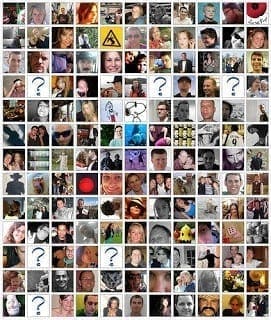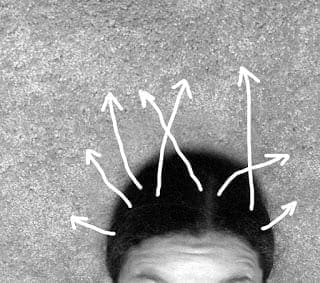
People become friends for many reasons. Friendships offer more than mere acquaintanceship or polite interaction. They provide an outlet to satisfy our desire for social integration. Our close friends offer us a sense of belonging, emotional stability, opportunities for conversation, assistance, reassurance of our worth and value, and personality support. As George Washington aptly stated, “Associate yourself with men of good quality if you esteem your own reputation; for ’tis better to be alone than in bad company”(Friendship).
If friendship offers many rewards, why is it often so difficult to build and maintain friendships?
The Merriam-Webster Collegiate dictionary defines a friend as, “one attached to another by affection or esteem”. I don’t know about you but I have had friendships that have been great, & blessed, but others have been strained and extremely painful. Ask any Facebook user how many friends they have in real life versus how many they have on Facebook, and there will likely be a large discrepancy, often by a (multiplicative) factor of 100 or more. How does one explain this phenomenon?
I myself consider Facebook to be not much more than a glorified address book. I also find Facebook to be the poor man’s background check, allowing me to investigate someone I have just met before we interact further.
As mentioned, offline relationships generally do not require explicit acknowledgement by the parties involved, whereas on Facebook, friend requests can be rejected and friends can be purged from one’s list. This difference in contextual norms can result in conflict. When one of my close friends broke up with his girlfriend, he removed her from his Facebook friend list because their relationship was mostly based on her now ex-boyfriend. When my friend ran into her later, she asked him why he hated her, having discovered he removed her and feeling slighted.
I asked him whether he ever rejected friend requests, and what his criteria were for acceptance. He answered that he only rejects requests from the middle school students he teaches during the summer. He explained that friending them would be unacceptable, as it would have been a merging of his personal and professional lives. I myself have only rejected one person, a former friend whom I had a falling out with after he began acting in an inappropriate manner towards others.
His request was a gesture of reconciliation, and my rejection sent the message that I still found his behavior unacceptable and did not want to be associated with him.
When speaking of offline friends, most people only include their complex friendships, whereas online the large numbers of acquaintances people accumulate are given friend status due to people’s desire for contact information and to “check people out” rather than any status associated with the number or quality of friends. The inability to demarcate these people as acquaintances allows people to quote them in their online friend count without breaking the social norm present in offline situations. Overall it seems the notion of friendship is the same online and off, though small differences such as explicit acknowledgement can lead to friction between the two environments.




Be the first to comment